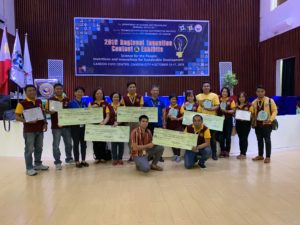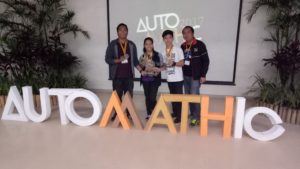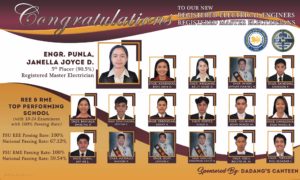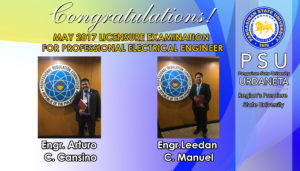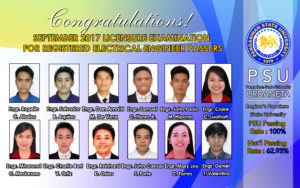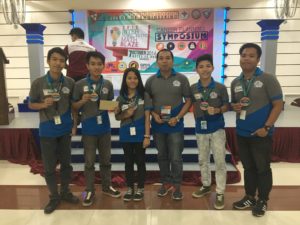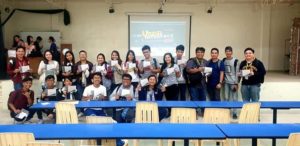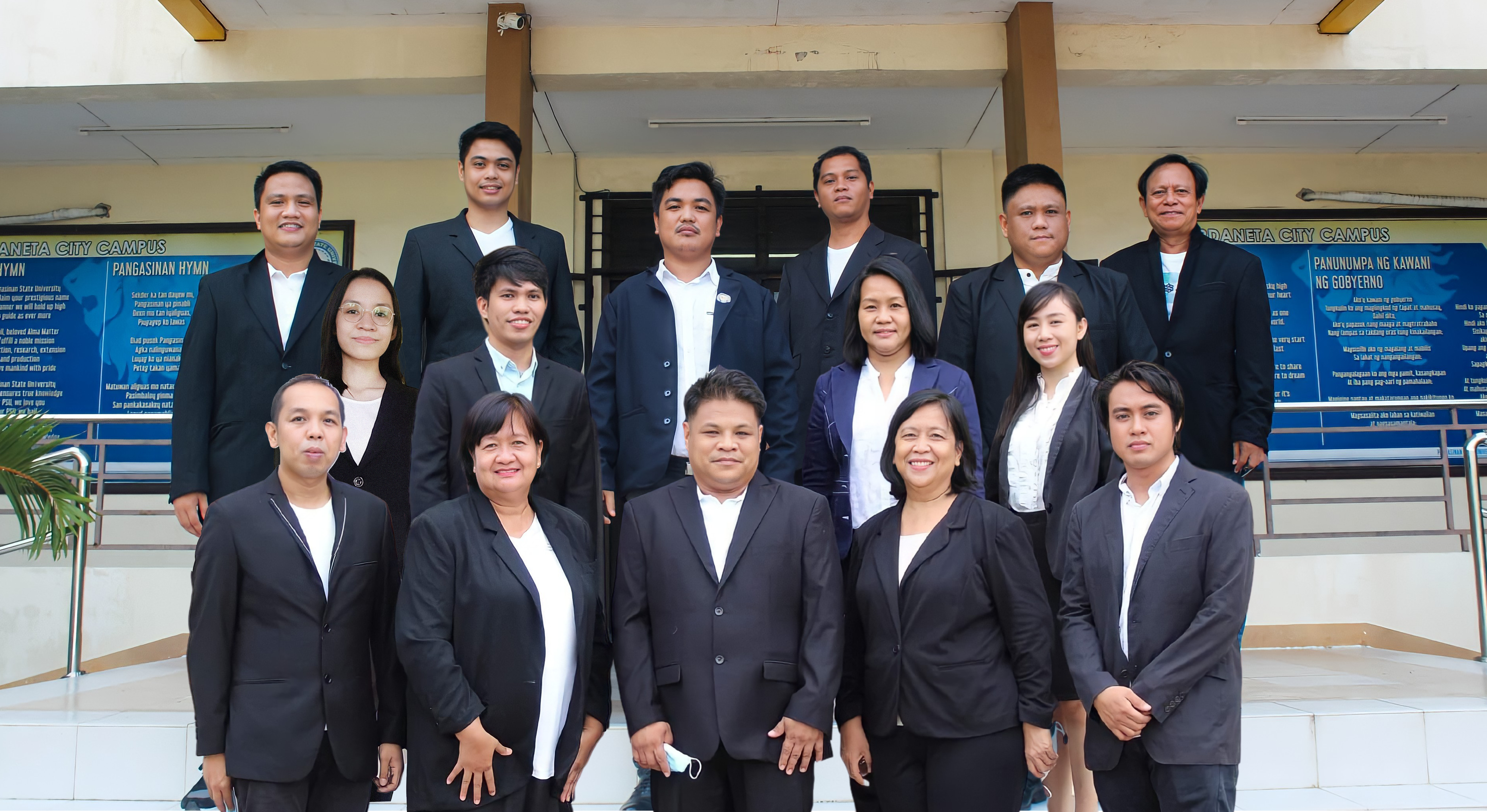
Welcome to Electrical Engineering Department. It is our pleasure to give you a peek of what you can expect from the department and why we excel.
Guided by the vision and mission of the University, the Electrical Engineering Department is committed to providing quality education to students aspiring to be part of electrical engineering sector in the future.
Exploring the website, you will discover that the Department is proud of having a rooster of educators who are academically qualified. They continue to equip themselves with up-to-date information related to their specialization with the goal of producing competitive graduates.
Over the years, the department has built a reputation of being a producer of top-notchers as testified by the board exams. Consistently, the department achieved 100% passing rate.
These achievements bespeak well about the quality of instruction the faculty provides to their students.
It is our determination to prepare every student for a better and happier life by giving the best possible education in spite of the challenges that lay ahead.
Accreditation Status: AACCUP LEVEL II Re-accredited
THINGS WE DO BEST
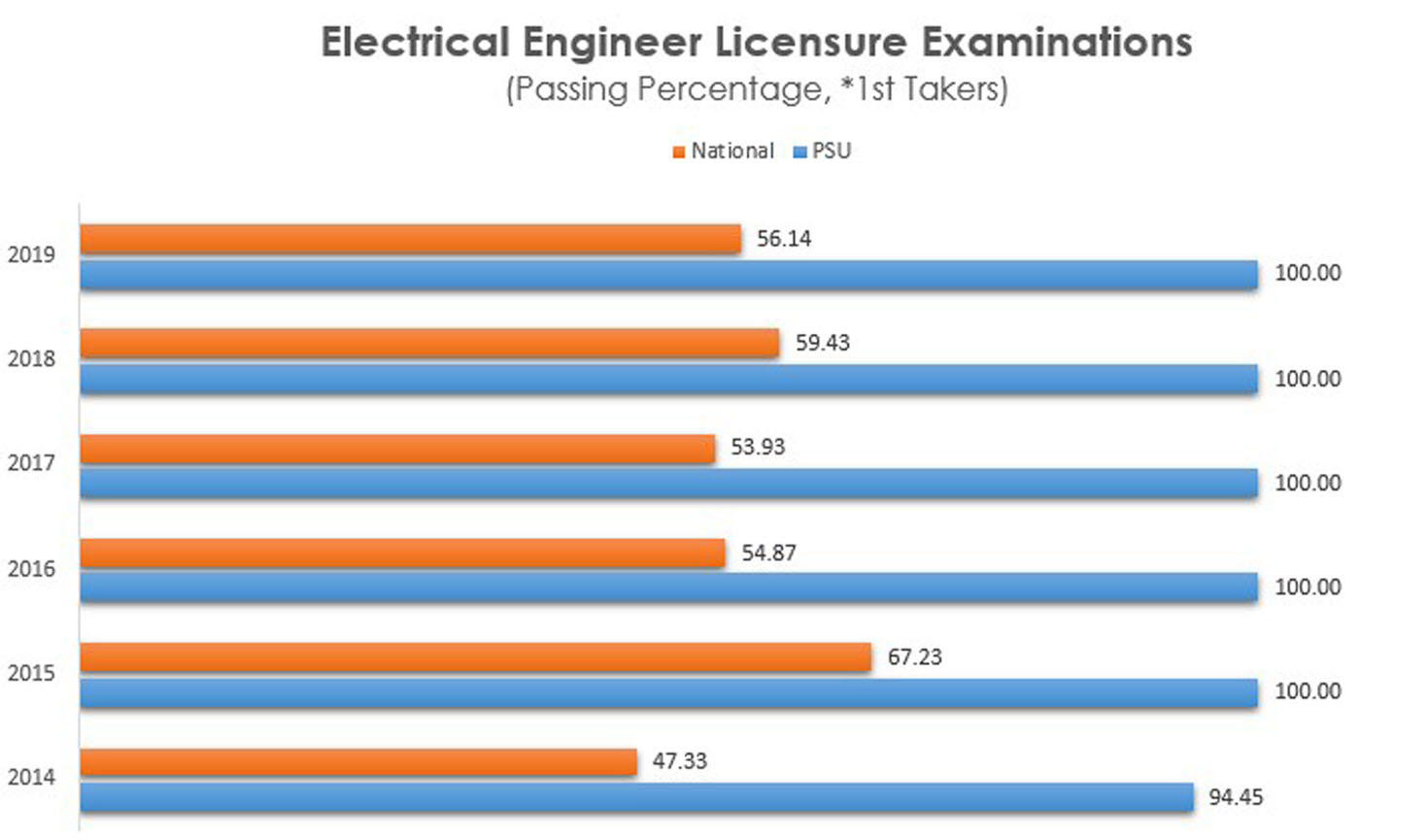
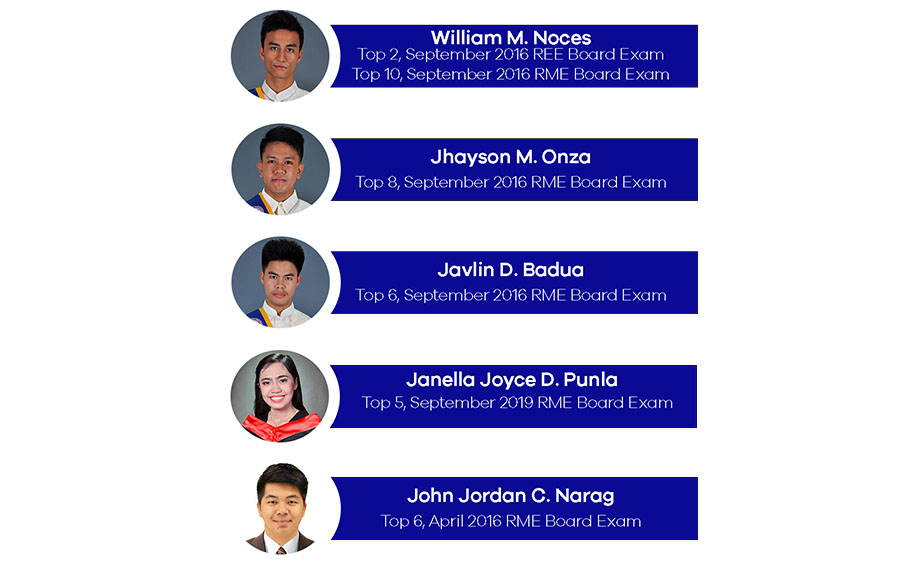
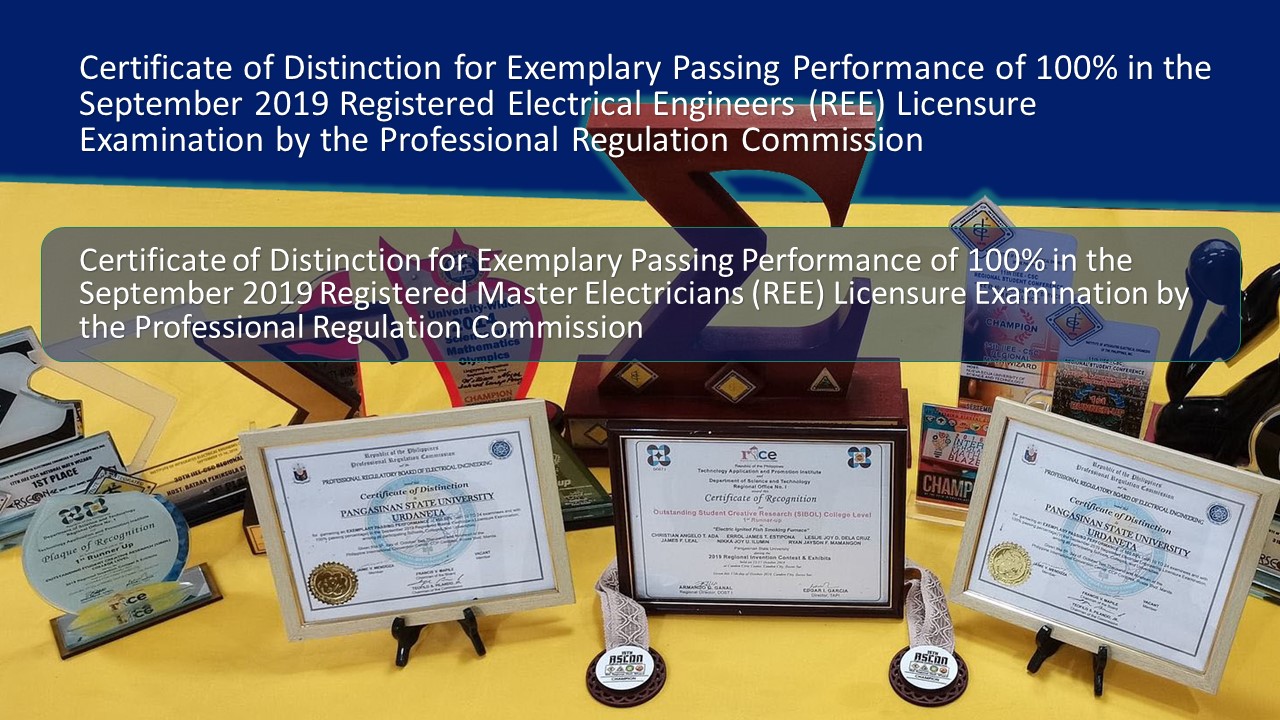
Organizational Chart
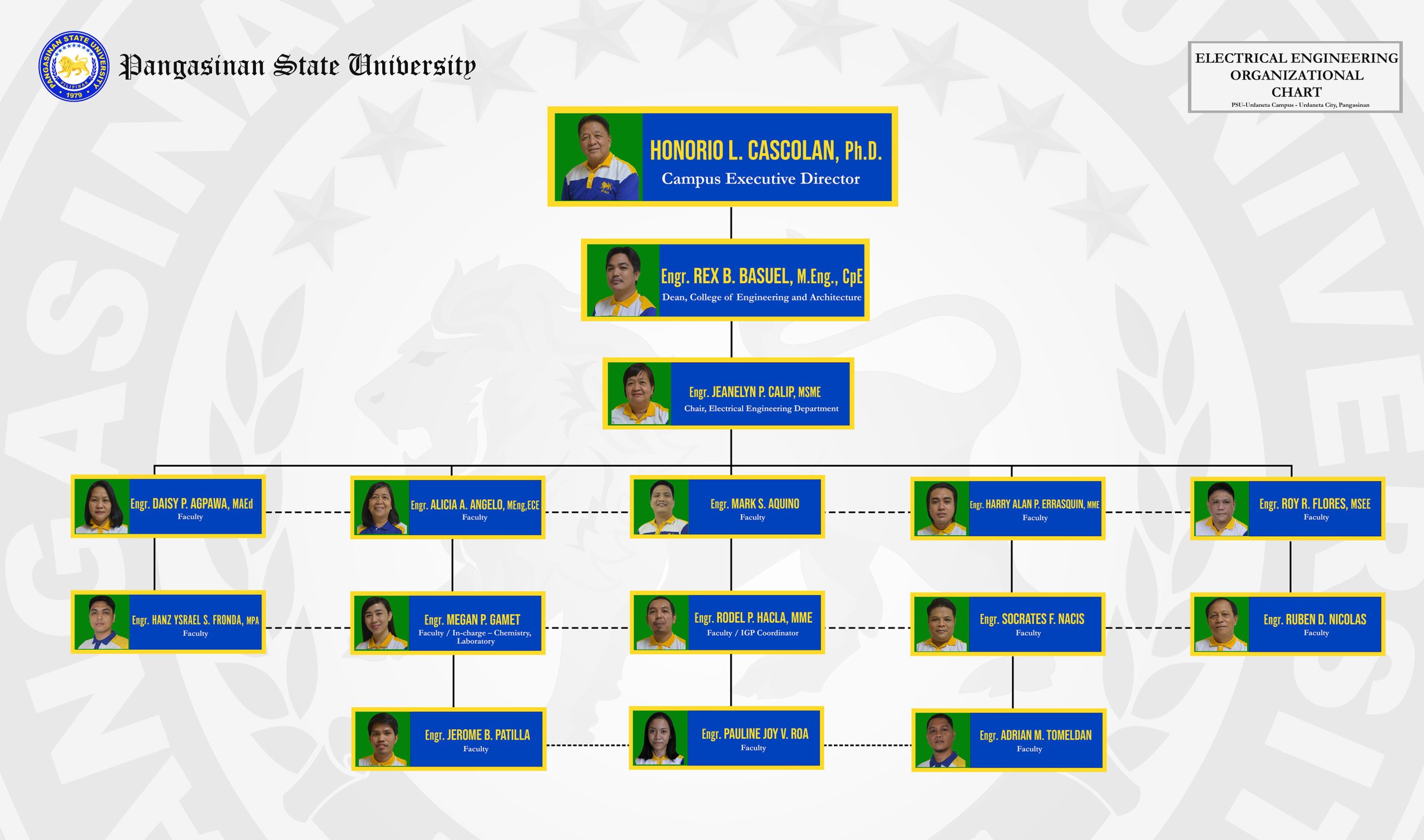
EMPLOYMENT OPPORTUNITIES
- Electrical technician
- Broadcast engineer
- Technical writer
- Controls engineer
- Substation technician
- Electrical project manager
- Electrical designer
- Electrical engineer
- Electronic communications engineer
- Systems engineer
- Hardware engineer
- Computer network architect
|
GRADUATE ATTRIBUTES |
PROGRAM OUTCOMES |
PERFORMANCE INDICATORS |
|
Adaptive Thinking Skills |
1. Apply knowledge of mathematics, science and engineering sciences to the practice of electrical engineering; |
· Determine relevant and appropriate principles of mathematics, chemistry, physics, natural and applied sciences, engineering principles and techniques that can be used to address engineering concerns related to the generation, transmission, distribution and utilization of electrical energy. |
|
Sense Making Skills |
2. Develop and conduct appropriate experimentations, analyze and interpret data; |
· Conduct investigations of complex problems using research-based knowledge and research methods including design of experiments, analysis and interpretation of data, and synthesis of information to provide valid conclusions. |
|
Critical Thinking Skills |
3. Design a system, component or process to meet desired needs within realistic constraints such as economic, environmental, social, political, ethical, health and safety, manufacturability, and sustainability, in accordance with standards; |
· Design solutions for complex engineering problems and design systems, components or processes that meet specified needs with appropriate consideration for public health and safety, cultural, societal and environmental considerations. |
|
Social Intelligence and Cross-Cultural Competency |
4. Function effectively on multi-disciplinary and multi-cultural teams that establish goals, plan tasks, and meet deadlines; |
· Perform functions effectively as an individual, and as a member or leader in diverse teams and in multi-disciplinary settings. · Interact with peers and higher levels in a professional manner. · Participate in activities either as a team leader or member and perform designated tasks.
|
|
Computational Thinking Skills |
5. Identify, formulate and solve complex problems in electrical engineering; |
· Identify, formulate, research literature and analyze complex engineering problems reaching substantiated conclusion using principles of mathematics, natural sciences and engineering sciences. |
|
Communication / Interpersonal Skills |
6. Communicate effectively in verbal and non-verbal communication; |
· Communicate effectively on a complex engineering activities with the engineering community and with society at large, such as being able to comprehend and write effective reports and design documentation, make effective presentations, and give and receive clear instructions. |
|
Innovative |
7. Understand the impact of engineering solutions in a global, economic, environmental, and societal context; |
· Understand and evaluate the sustainability and impact of professional engineering work in the solution of complex engineering problems in societal and environmental contexts. |
|
Life-long Learner |
8. Recognize the need for additional knowledge and engage in lifelong learning; |
· Recognize the need for, and have the preparation and ability to engage in independent and lifelong learning in the broadest context of technological change |
|
Knowledgeable in Contemporary Issues |
9. Articulate and discuss the latest development in the field of electrical engineering; |
· Apply reasoning informed by contextual knowledge to assess societal, health, safety, legal and cultural issues and the consequent responsibilities relevant to professional engineering practice and solutions to complex engineering problems. |
|
New Media and Network Literacy |
10. Apply techniques, skills, and modern engineering tools necessary for electrical engineering practice; |
· Create, select and apply appropriate techniques, resources, and modern engineering IT tools, including prediction and modelling to solve complex engineering problems, with an understanding of the limitations. |
|
Professional Ethics |
11. Recognize ethical and professional responsibilities in engineering practice; and |
· Be familiar with the code of ethics for engineers and apply and behave according to this code of professional practice |
|
Leadership Skills
|
12. Demonstrate knowledge and understanding of engineering and management principles as a member and/or leader in a team to manage projects in multidisciplinary environments. |
· Demonstrate knowledge and understanding of engineering management principles and economic-decision making and apply these to one’s own work, as a member leader in a team, to manage projects and in multidisciplinary environments. |

